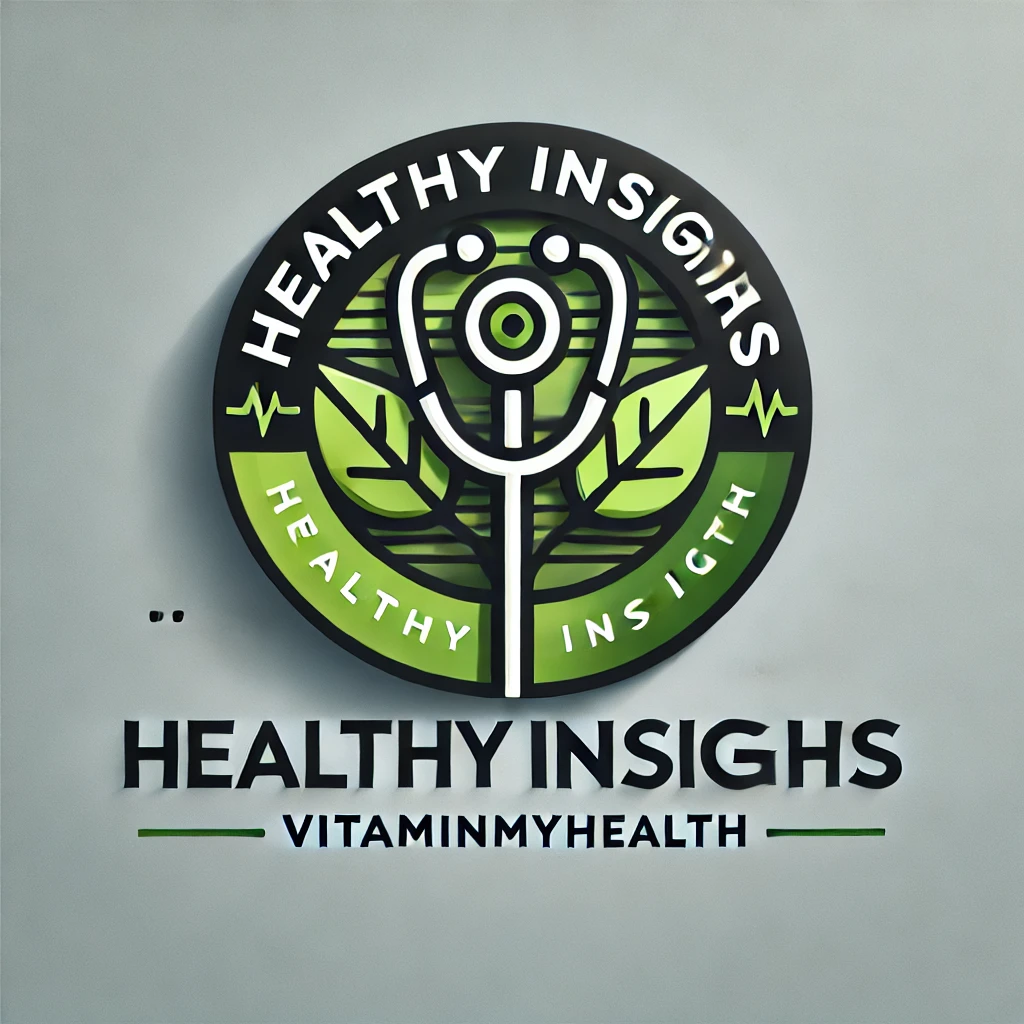Vitamin B3 (Niacin): What It Does for the Body and How to Get Enough
Vitamin B3, also known as niacin, is a water-soluble vitamin that plays a vital role in turning food into energy. It supports heart health, brain function, and skin health while also helping the digestive system and joints.
Niacin is found naturally in many foods, including chicken, tuna, lentils, beets, peanuts, and leafy greens. It is also available as a supplement for individuals who may not get enough from diet alone.
Different Forms of Vitamin B3
Vitamin B3 exists in several forms, each offering unique health benefits:
-
Nicotinic acid
-
Nicotinamide (niacinamide)
-
Nicotinamide riboside (NR)
Key Health Benefits of Vitamin B3
-
Supports Heart Health and Lowers Cholesterol
Niacin may help reduce blood vessel inflammation, lower bad LDL cholesterol, and increase good HDL cholesterol. Some studies suggest it supports overall cardiovascular health, although it should not replace prescribed medications. -
Protects Against Skin Damage
Vitamin B3 helps strengthen the skin barrier, reduce wrinkles, and protect against UV damage. Some research shows niacin supplements may reduce signs of sun damage and age-related thinning. -
Helps Manage Persistent Acne
Niacin has anti-inflammatory properties that can improve skin texture, reduce acne flare-ups, and support overall skin health. -
Soothes Achy Joints
Niacin may reduce inflammation, improve blood flow, and ease joint pain. Some studies also suggest it can support nerve health. -
Enhances Brain Function
Vitamin B3 supports neurotransmitters, which help with memory, learning, and concentration. Deficiency has been linked to cognitive decline. -
Promotes Digestion and Gut Health
Niacin supports calcium metabolism in the intestines, improving nutrient absorption and overall digestive health.
How Much Vitamin B3 Do You Need?
The recommended daily allowance (RDA) for niacin depends on age and gender:
-
Adult men: about 16 mg/day
-
Adult women: about 14 mg/day
-
Pregnant or breastfeeding women may need more
👉 For therapeutic use (such as lowering cholesterol), higher doses may be prescribed under medical supervision.
⚠️ Taking too much niacin can cause side effects like flushing, itching, or liver issues. Always consult a doctor before starting high-dose supplements.
Best Food Sources of Vitamin B3
You can meet your Vitamin B3 needs naturally by eating a balanced diet rich in:
-
Poultry (chicken, turkey)
-
Fish (tuna, salmon)
-
Lean beef and liver
-
Legumes (lentils, peanuts, beans)
-
Vegetables (spinach, eggplant, beets)
-
Whole grains
-
Dairy products and eggs
Tip: Since B vitamins are water-soluble, they are best absorbed when paired with fat-soluble vitamins A, D, E, and K.
Who is at Risk of Niacin Deficiency?
Certain groups are more prone to Vitamin B3 deficiency, including:
-
People with poor diets or limited meat intake
-
Individuals with anaemia
-
Those who consume excessive alcohol or sugar
-
People with liver disease or chronic illness
-
Smokers
Supplementing with Vitamin B3
If diet alone isn’t enough, niacin supplements are available in pills, capsules, and multivitamin blends.
Tips for better niacin intake:
-
Eat a diet rich in niacin foods
-
Combine Vitamin B3 with omega-3 fatty acids, Vitamin D, or calcium for better results
-
Choose high-quality, reputable supplement brands
Conclusion
Vitamin B3 (niacin) is essential for energy production, heart health, skin protection, brain function, and joint support. While most people can get enough through food, some may benefit from supplementation under a doctor’s guidance.
By including niacin-rich foods like poultry, fish, legumes, and leafy greens in your diet, you can naturally support your overall health and energy levels.
crossorigin="anonymous">
